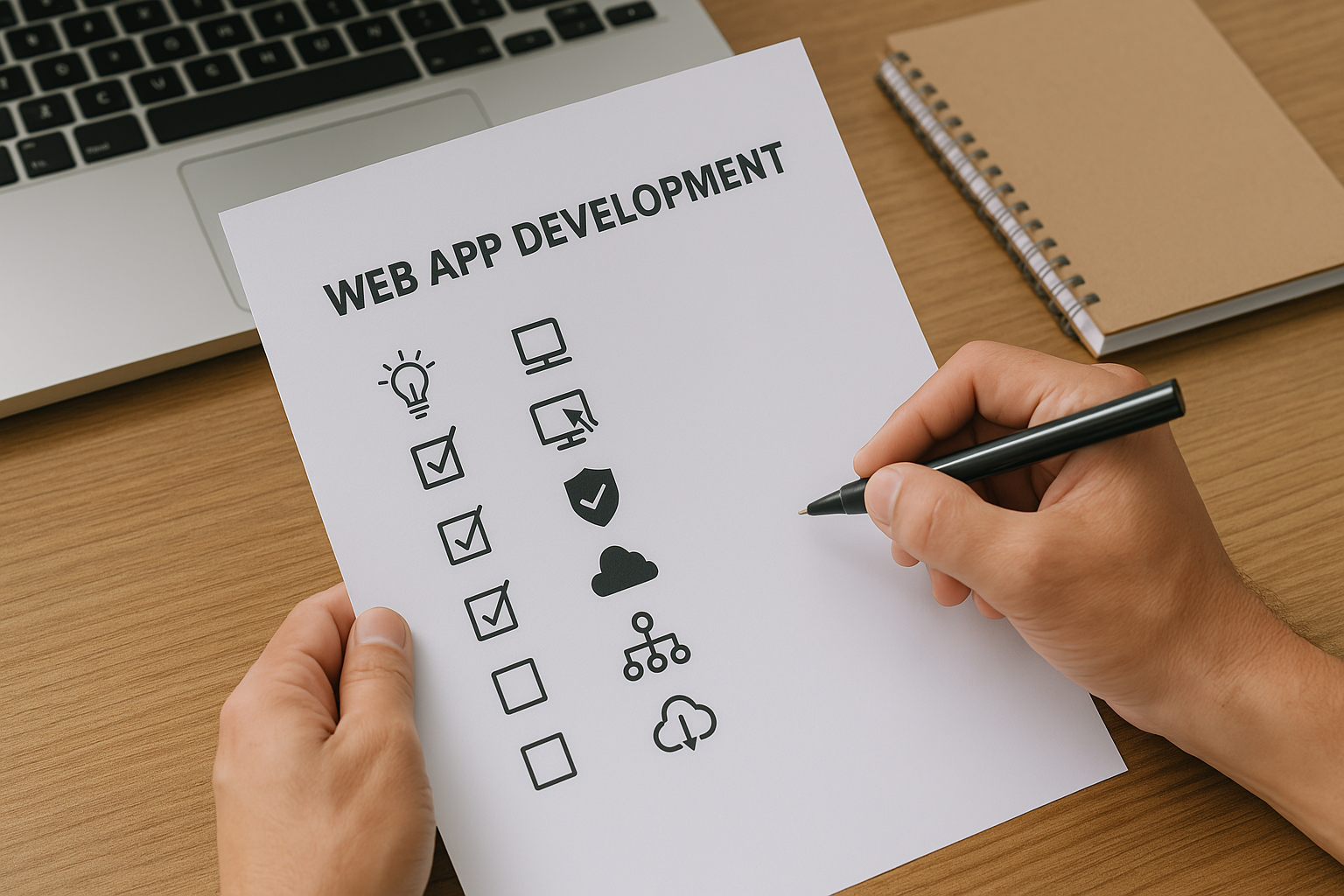AI-Powered Diagnostics and Predictive Analytics
AI is helping doctors diagnose and treat diseases faster.It analyzes medical images and patient data to detect conditions with greater accuracy than humans. Doctors use AI to identify cancer, predict strokes, and create personalized treatments.
Hospitals also use AI to monitor patients and prevent emergencies. These tools reduce errors, speed up workflows, and improve care. As AI grows, it will make healthcare more efficient and reliable.
The Expansion of Telemedicine and Remote Care
Telemedicine is making healthcare easier to access and more affordable. Which started as an obligatory alternative during the pandemic, has now become ubiquitous: in 2025, virtual doctor visits, remote monitoring, and AI chatbots are commonplace. This has great benefits, including:
- Patients get quick access to doctors without travel.
- Rural areas get better healthcare options.
- Doctors get to track their patient's health data through mobile apps.
With the rise of healthcare app development, mobile platforms will play a key role in virtual healthcare services.
Mobile Healthcare Software Development for Personalized Care
Healthcare apps make it easier for patients to manage their health. People can track vitals, schedule virtual visits, and set medication reminders from their phones. AI-powered apps also give personalized health insights based on user data.
Mobile healthcare software development improves patient engagement and reduces unnecessary visits to hospitals and clinics. Demand for the best healthcare app developers will keep rising as more people rely on digital health tools.
Cloud-Based Healthcare Data and Cybersecurity
Digital health records are becoming the new standard. Hospitals and clinics use cloud systems to store, access, and share patient data in real-time. These platforms help doctors collaborate, improve patient care, and reduce paperwork.
Security is a big concern. Developers are using strong encryption, multi-factor authentication, and AI threat detection to protect patient data. As more healthcare providers go digital, software developers in healthcare specializing in cybersecurity will be in high demand.
Blockchain for Secure Health Records
Blockchain is making healthcare more secure and transparent. In 2025, it will help with:
- Storing patient records safely to prevent fraud.
- Giving doctors instant access to medical histories.
- Automating claims processing to reduce paperwork.
With blockchain, healthcare providers and insurers can streamline operations and protect patient data.
The Rise of Smart Hospitals
Hospitals are using automation, IoT, and AI to improve efficiency. Smart hospitals will feature:
- AI-powered systems to manage patient flow and reduce wait times.
- Automated admin tools to lower costs.
- Connected medical devices to give doctors real-time patient updates.
These new systems will help hospitals run smoothly and provide better care.
The Demand for Healthcare Software Developers
The healthcare industry is quickly becoming more digital, efficient, and patient-focused. It will need to lock down the best software developers in order to fulfill the full scope of what we’re seeing. AI, mobile apps, and data security will improve access, cost, and quality of care. The best healthcare app developers are working on:
- AI-powered diagnostic tools to improve accuracy.
- Security solutions to protect patient data.
- Custom software for hospitals and telemedicine platforms.
Companies investing in healthcare software development will lead digital health innovation. Whether you need mobile healthcare software development or the best healthcare app developers, staying ahead of these trends will give you a competitive advantage.







